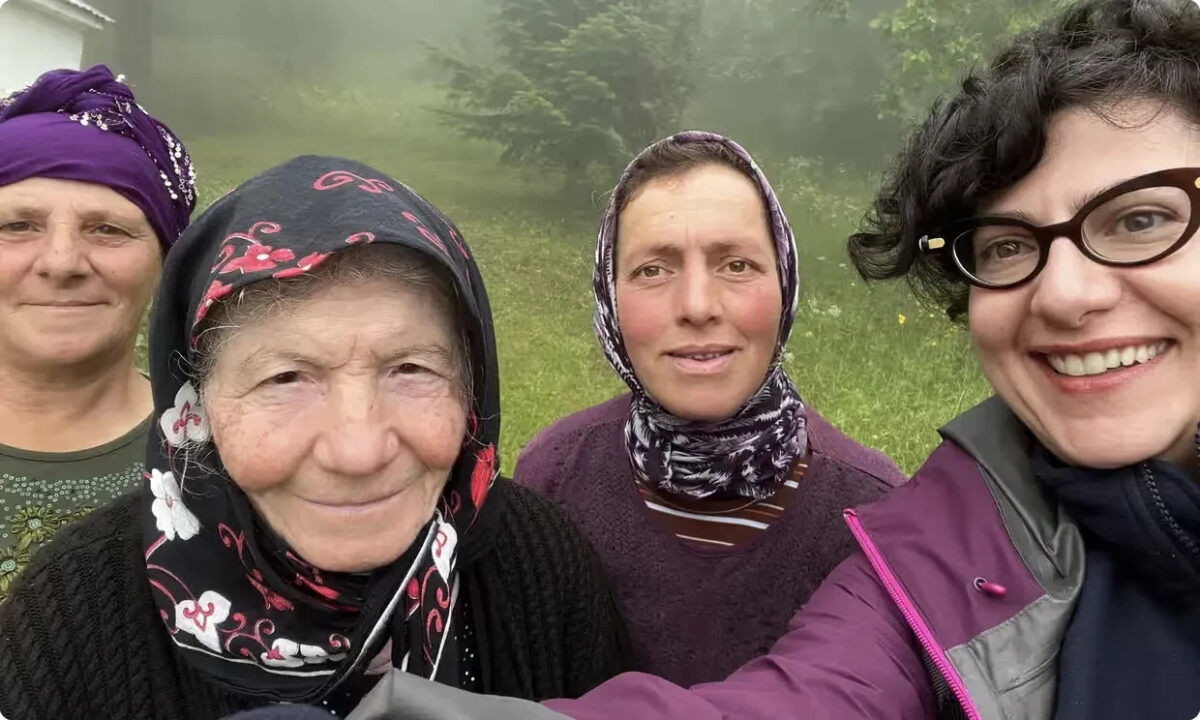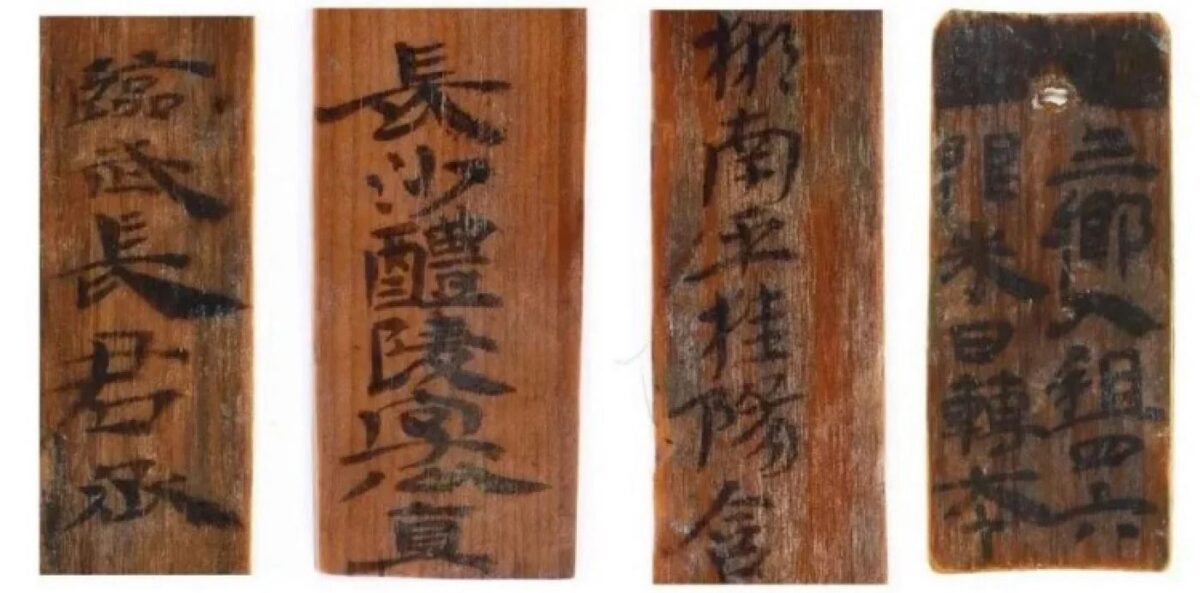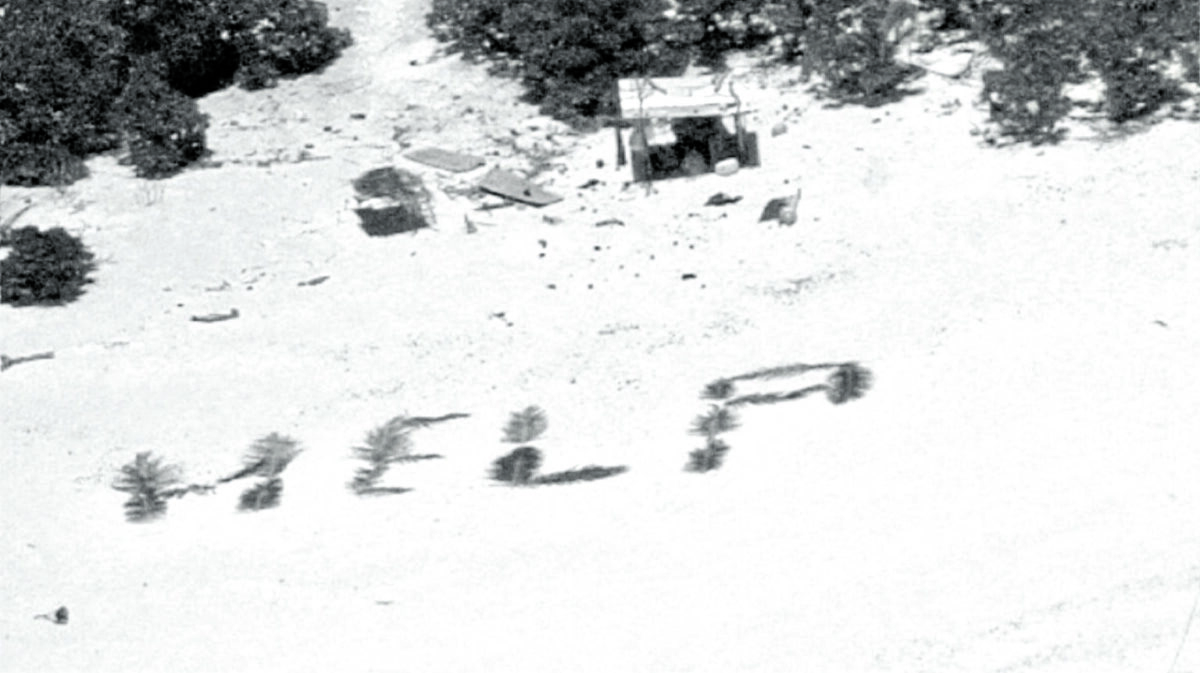Music Streaming for Conservation
A collaboration between major music streaming platforms and the United Nations has devised a plan to direct funds towards conservation efforts.
Named “Sounds Right,” this initiative allows artists using stock recordings of animals or weather in their music to credit them as ‘feat. Nature’ on platforms like Spotify and Apple Music. The royalties generated from these songs will then support various conservation, restoration, and pollution control projects.
Nature sounds have long been integrated into music, from Paul McCartney’s blackbirds to Enya’s thunderstorms. Even pop artists like Missy Elliot have incorporated them into their work. Brian Eno, renowned for his work with artists like David Bowie and Coldplay, is spearheading this initiative under the Museum of the United Nations.
The initiative has already gained support from artists like Bowie, London Grammar, and Ellie Goulding, with the aim of raising $40 million from 600 million streams. The funds will be allocated to conservation projects in critical ecosystems like Madagascar, Borneo, and the Andes Mountains, identified by a group of experts.





